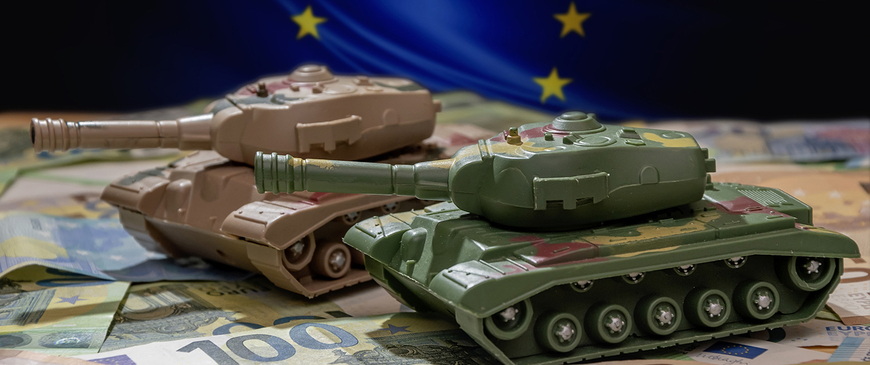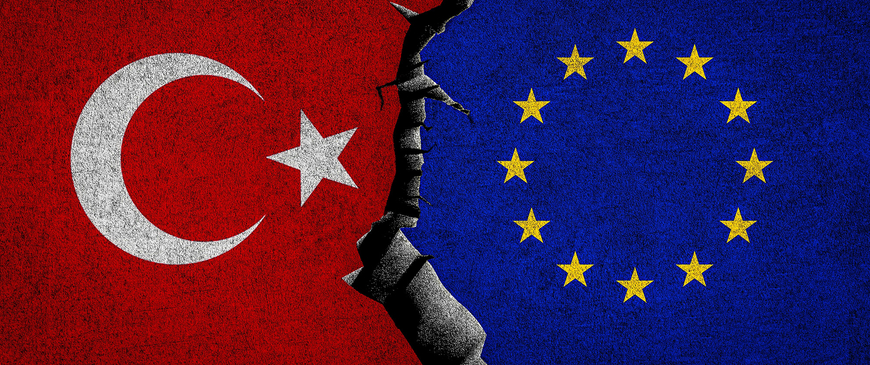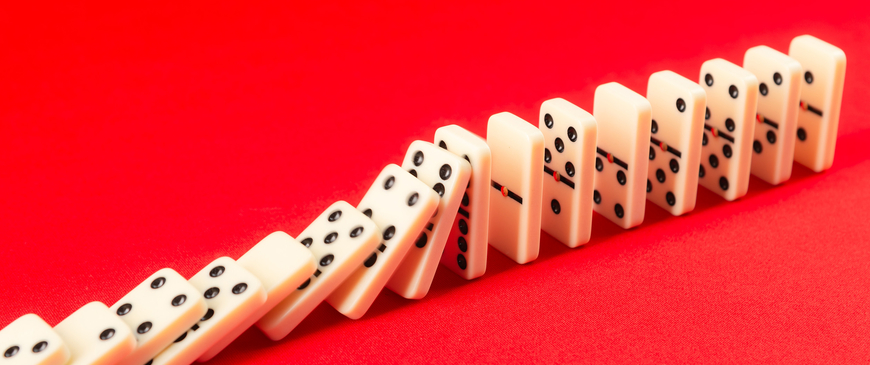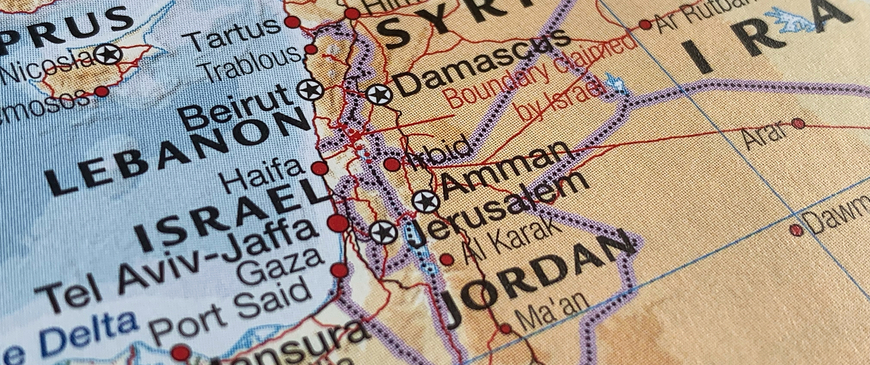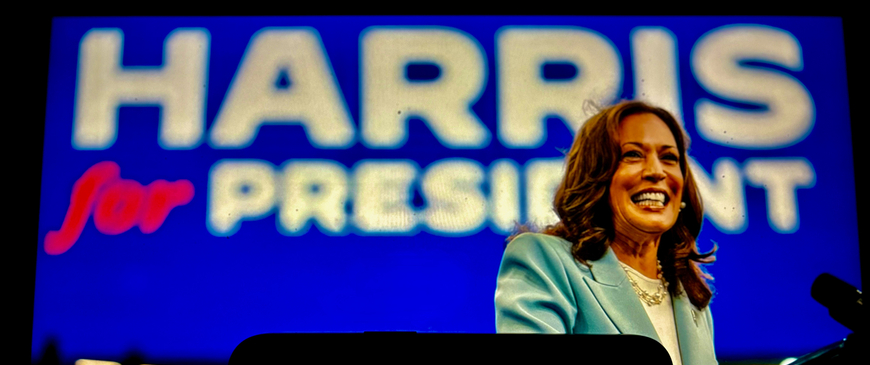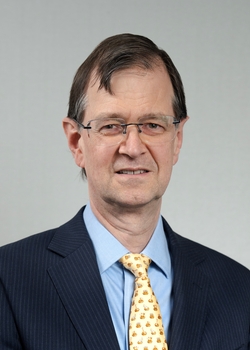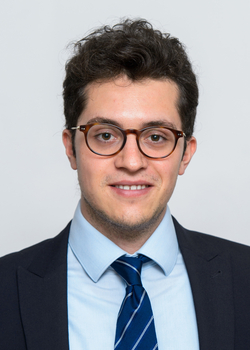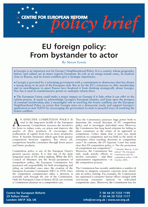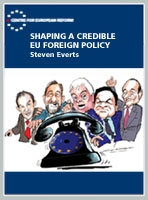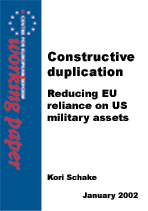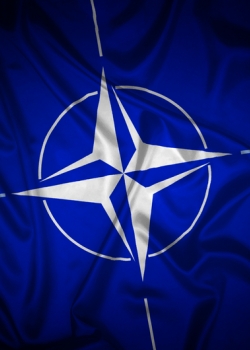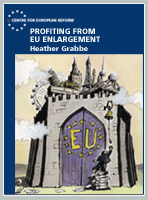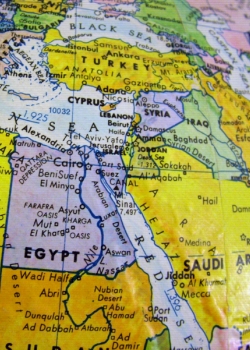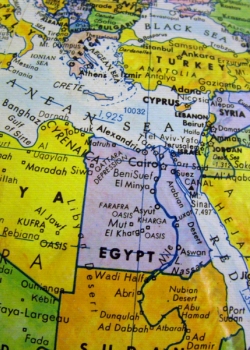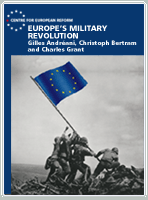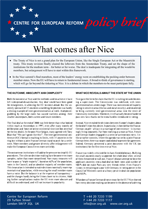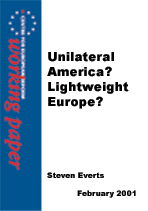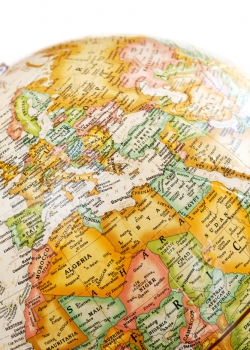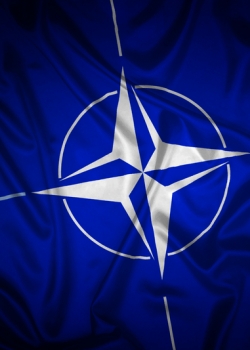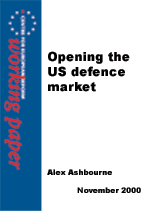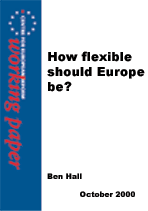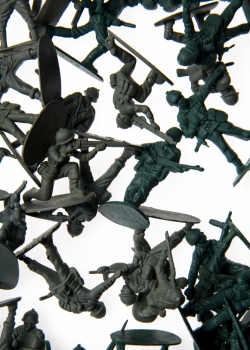Foreign policy & defence
EU foreign policy: From bystander to actor
03 May 2002
If Europe’s leaders want the EU to play a meaningful role in global diplomacy, they must implement a series of fundamental reforms. At a minimum, they should abolish the rotating presidency, create a new Foreign Policy Council and give a right of initiative to the High Representative for foreign policy,...
Shaping a credible EU foreign policy
05 February 2002
It is clear that Europe needs to pool its resources if it wants to play a greater role in the world. But progress towards a coherent and effective EU foreign policy has been slow. Steven Everts examines the reasons why – and offers an agenda for reform.
Constructive duplication: Reducing EU reliance on US military assets
04 January 2002
In 'Constructive duplication', Kori Schake asserts that the Bush administration has taken a positive approach to the European Union's attempts to develop a military capability.
NATO's big bang
03 December 2001
In 2002 NATO has a rare opportunity to enhance stability in Eastern Europe and build a new relationship with Russia. At the Prague summit in November, the alliance should offer membership to seven countries - Bulgaria, Estonia, Latvia, Lithuania, Romania, Slovakia and Slovenia.
Such a 'Big Bang' would consolidate pro-western democratic...
Such a 'Big Bang' would consolidate pro-western democratic...
Time to abolish the EU's rotating presidency
03 December 2001
The EU performance in foreign policy in the aftermath of September 11th has been underwhelming. European leaders have maintained unity on the substance of policy - a major step forward compared with the situation a decade ago.
A focused campaign not a crusade
01 October 2001
As America comes to terms with the massive terrorist attacks on September 11, and as it frames and implements its response, the key question for Europe is: what should its role be?
France, Germany and "hard-core" Europe
01 August 2001
In Paris, thinking on the future of the EU tends to focus on two French worries. One is the decline of the Franco-German relationship, and the consequent threat to French influence.
Profiting from EU enlargement
01 June 2001
Heather Grabbe weights up the risks of enlargement against the extra trade, investment and stability that enlargement will provide and argues that the price for the existing members will be small.
Time to act in the Middle East
01 June 2001
Once again the Middle East is facing a crisis with rising levels of hatred and violence on all sides. The death toll in the "second" intifadah stands at 450 Palestinians and around 100 Israelis and is rising. As a result, the prospects for a comprehensive peace accord are slipping ever further away.
EU should duplicate NATO assets
01 June 2001
Many American policy-makers are worried that the European Security and Defence Policy (ESDP) could undermine NATO and damage the transatlantic relationship.
Issue 18 - 2001
25 May 2001
- Time to act in the Middle East, Steven Everts
- Workers are entitled to consultation, John Monks
- EU should duplicate NATO assets, Kori Schake
Europe's military revolution
02 March 2001
The creation of the single European currency, a revolutionary innovation for the European Union (EU), has provoked tumultuous debate across the continent and beyond. Yet the EU's plans for a common defence policy have - thus far - attracted less attention.
What comes after Nice
02 February 2001
Both the outcome at Nice and the methods used to achieve it have left widespread dissatisfaction. Any deal would have been good for enlargement, in allowing the EU to move ahead. But the unseemly spectacle of 15 countries scrambling for position was hardly a shining example of inter-governmentalism at work....
Unilateral America? Lightweight Europe? Managing divergence in transatlantic foreign policy
02 February 2001
The election of George W Bush as the new US President has caused uneasiness in Europe, both at the level of individual states and that of the European Union (EU). Bush has assembled an impressive team to work on foreign policy, including Colin Powell as the new Secretary of State,...
Set a date for enlargement now
01 December 2000
The EU has an accession process, but still needs an enlargement strategy. The European Commission deserves credit for keeping the accession negotiations going, but we are reaching the limits of what the EU institutions can achieve.
Issue 21 - 2001
24 November 2000
- NATO's big bang , Andrew Cottey
- Time to abolish the EU's rotating presidency, Steven Everts
- The euro comes of age, Alasdair Murray
Opening the US defence market
03 November 2000
Many European defence companies aspire to gain access to the US defence market. America has the largest defence budget in the world – some $280 billion, or 3.3 per cent of GDP in 2000 – and is the source of much of the world's most advanced defence technology.
How flexible should Europe be?
06 October 2000
A European Union (EU) of 26 or more member-states will certainly be far more diverse – in economic, social, cultural and political terms – than the current one. Few people would argue that a monolithic, homogenous Union is what Europe needs.
European defence: The next steps
02 October 2000
Last year, the Kosovo air war highlighted the impotence of Europe's armed forces.The Americans provided more than three-quarters of the bombs dropped, and most of the advanced communications equipment.
Issue 14 - 2000
29 September 2000
- European defence: The next steps, Charles Grant, Christoph Bertram, François Heisbourg
- Europe needs an avant-garde, but..., Jacques Delors
- A new institutional vision, Charles Grant

